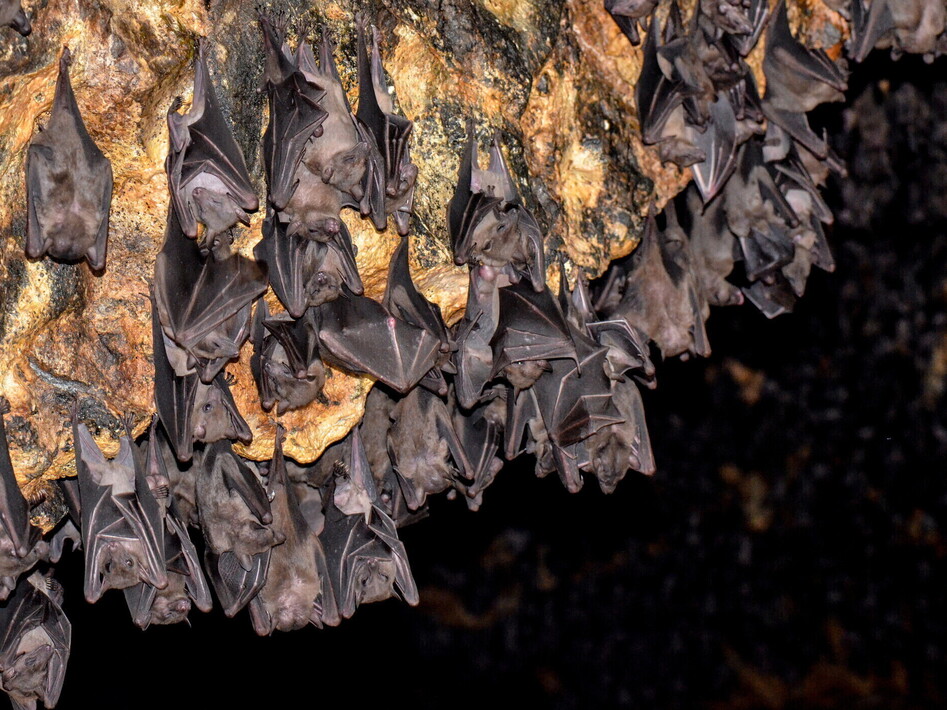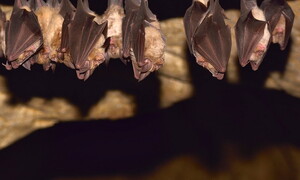Batman on Mars?
17 February 2025

One of the vital functions of bats - who make up the second most common group of mammals after rodents - could lead to a breakthrough in NASA’s planned mission to Mars. What’s this potential solution? Hibernation!
Once thought to be science fiction, it now seems increasingly possible. In winter, many animals enter a state of torpor, lowering their body temperature and slowing down metabolism and brain activity to conserve energy. Recent experiments by Gerald Kerth from the University of Greifswald, Germany, uncovered key differences in the behaviour of red blood cells in bats and humans in the cold. Specifically: the cells of these small animals change drastically as temperature drops. The ratio between thickness and stiffness in red blood cells increases, allowing them to stay longer in pulmonary capillaries and muscles, enhancing oxygen absorption and distribution throughout the body. Humans don’t have this “superpower”: we remain unchanged. So, how could we benefit from it? Certain studies suggest that the viscoelasticity of the cell membrane holds the key to identifying mechanisms that could be manipulated to maintain blood circulation at low body temperatures in humans as well. This would be the first step toward safe synthetic torpor in medicine and space travel. Therefore, scientists face a major challenge: to try modifying human red blood cell membranes to best mimic those of bats. Only then could we get closer to human hibernation. Still, many questions remain unanswered: how could this function be induced in humans? Would we need help from a mutant spider like in Spiderman? Not to mention that space travel exposes us to radiation, leads to muscle atrophy, and involves long-term confinement. So, all we can do for now is place our hopes in medicine and the daily research being conducted, hoping one day we can tell aliens about the time we discovered the key to hibernation in bats.
By Arina Vynohrads’ka, 3A, Liceo Scientifico Giulio Natta, Milan


